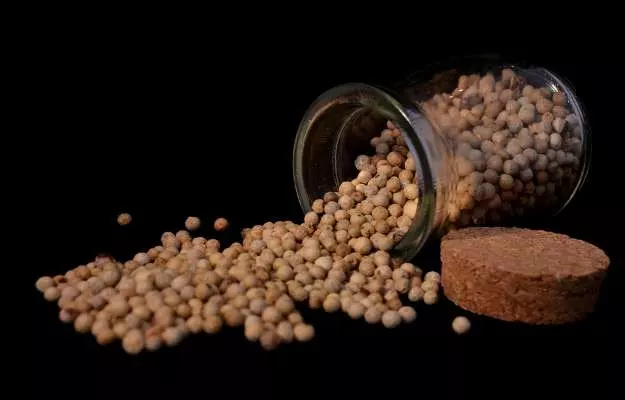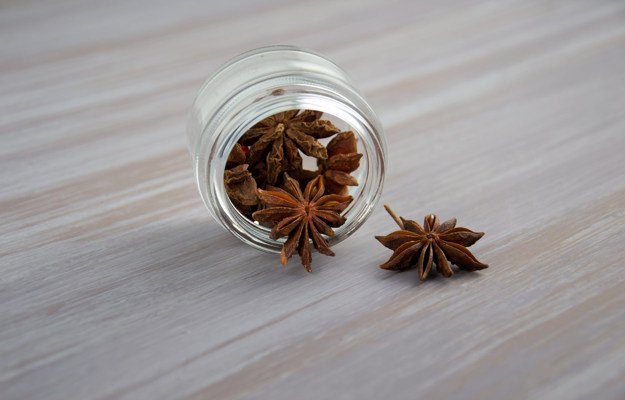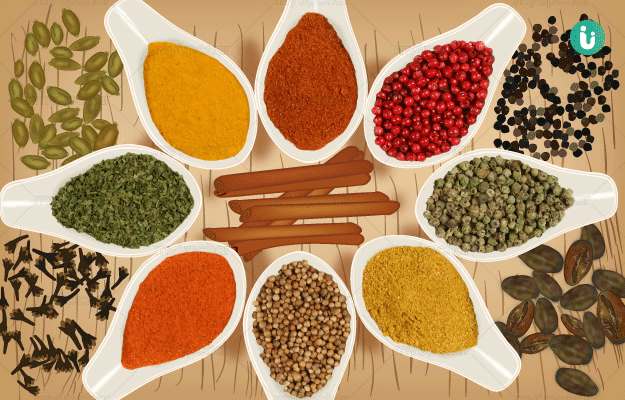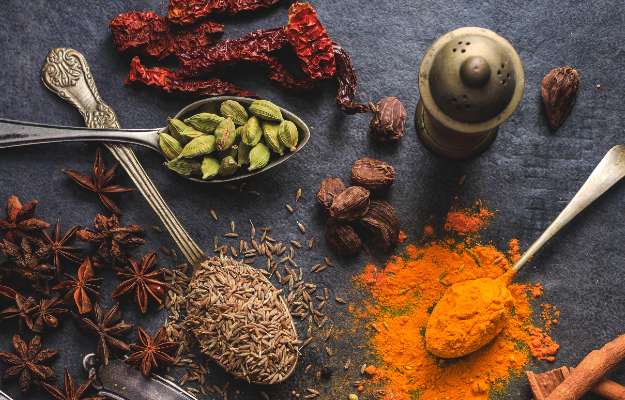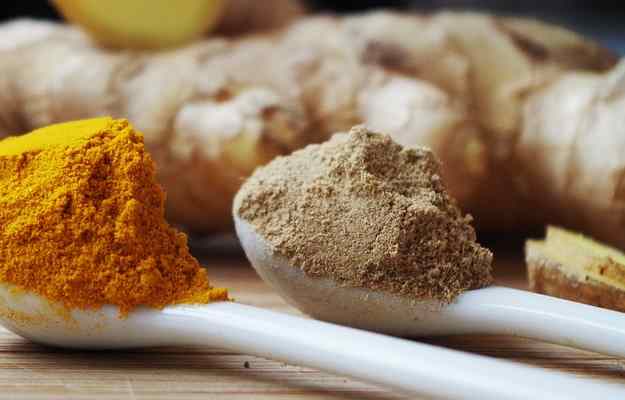Most kitchens around the world are quite well stocked with varied seasonings and condiments but nothing quite matches the varieties of pepper. From the spicy cayenne to the sweet bell peppers, there is a flavour for every taste bud. Black and white peppercorns are the pungent and sharp peppers that have slowly got its place in the heart and the kitchen. And looking at the history of these peppercorns, it seemed almost obvious. After all, not many spices have a history of being used as gold.
But what exactly is white pepper and how is it different from black pepper?
Essentially, white peppercorns are obtained from the same plant as black pepper, that is, Piper nigrum. However, white peppercorns have the outer covering removed, which is present in black pepper. White pepper also has a stronger bite than black.
White pepper is mainly used in dishes where the black colour of these peppercorns is not needed, such as some sauces, soups, mayonnaise.
Being the core of black peppers, white peppercorns have most of the benefits from the former. It is an excellent digestive aid and also helps in reducing inflammation. It could help you get rid of congestion and cough and may even relieve headaches.
If you aren’t yet aware of the asset white pepper could be to your health and kitchen, this article is for you.
But before that, here are some basic facts about white pepper:
- Botanical name: Piper nigrum
- Family: Piperaceae
- Common name: White pepper, Safed mirch
- Parts used: Fruit
- Native region and geographical distribution: Piper nigrum is native to southern India, however, it is also cultivated in Indonesia, China, West Indies and Brazil

